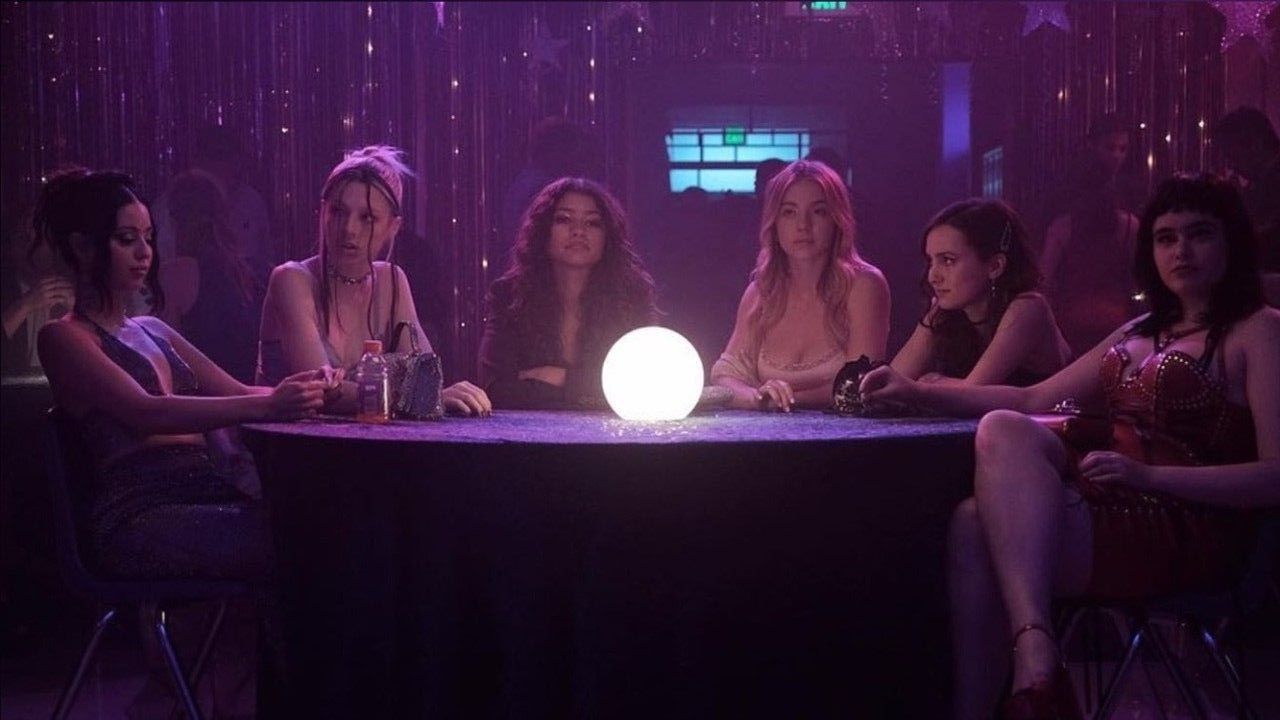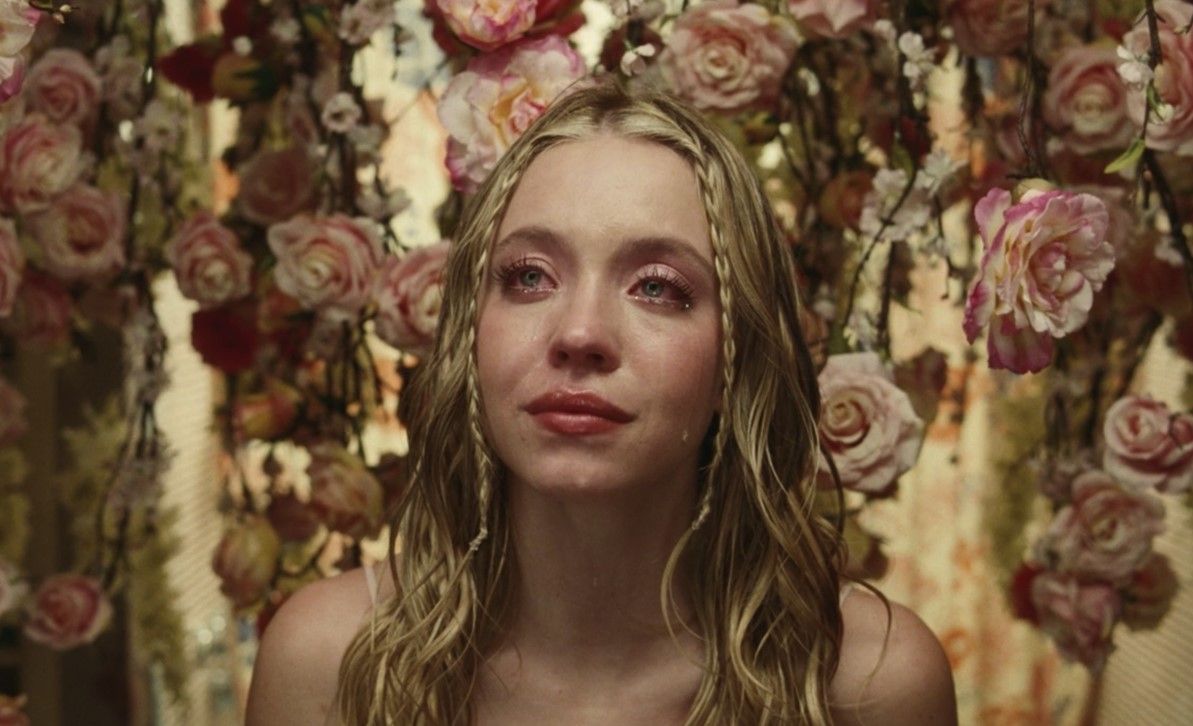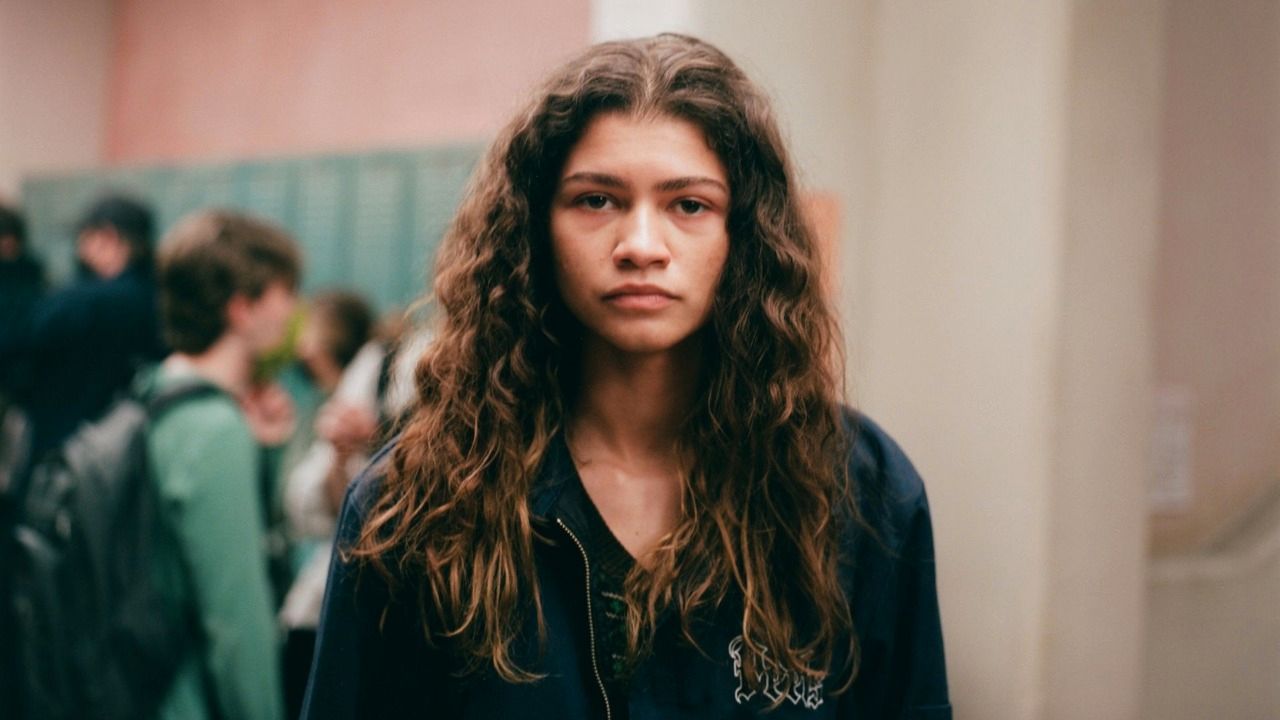Every generation has its decade-defining TV shows that can capture the cultural zeitgeist of their times. The '90s kids had Friends and Seinfeld, the '00s kids had The OC and Grey’s Anatomy, and then came the likes of The Big Bang Theory, Glee, and Community in the 2010s. We had entered the “golden age of TV.” We suddenly had more than one good show that stood out in the crowd, and yet Euphoria has managed to become that one show that Gen Z has identified with like no other.
The one thing that differentiates Euphoria from its many predecessors -- coming-of-age sagas about a group of friends -- is the lack of any sense of binding camaraderie between the characters. The show throws a diverse bunch of characters in the mix, but their struggles seldom overlap. This reflects on how the current generation must feel -- a little bit lost but a whole lot driven by hyper-individualistic self-preservation as they trundle through a world plagued by wars, continuous resource depletion, global warming, one economic crisis after the other.
Beyond Growing Pains
These teenage characters aren’t just trying to deal with their studies and figure out their future career prospects while navigating their growing pains. In fact, there is very little worry about the future when their present obstacles in life threaten to take over so ominously most of the time. On the one hand, we have Rue with her addiction issues. On the other, we have Cassie struggling with her fractured sense of self-identity (and a possibly undiagnosed Borderline Personality Disorder). While Jules and Kat are both trying to reclaim autonomy in a world that would easily put them in a box, their issues are not the same.
The prominent men of the show - Nate and Fezco - are both carrying childhood wounds and inflicting them upon the people around them in their own ways. Lexi seems to be the only one on her journey to fulfill the Bildungsroman tropes of growing up in a teenage dramedy. She becomes the one who pulls up the mirror to everyone from being the wallflower, the silent observer whose sorrows could never quite get the spotlight.
We hardly ever see these characters lounging around and bonding over common ground -- a regular theme in most teenage shows and films. The world is a battlefield, and they are all just busy surviving on their own.
Euphoria does an excellent job of portraying the current generation's increasing sense of hopelessness, ennui, and loneliness above all. This is a generation that feels abandoned by everyone -- their families, friends, and authority figures. A generation living from one world crisis to another, with idols, influencers, and authorities touting that everything and everyone is replaceable, can easily start to internalise this message after a point of time. This repeated message from the world around, when mixed in with the cynicism of youth, can cause devastating levels of alienation.
Hyper Individualism Don Draper Would Approve Of
Despite the fact that these characters are ultimately the many projections of their writer-creator Sam Levinson, perhaps the only thing that binds them together the most, the truth remains that they are all walking the path of life almost alone. Levinson’s lived experiences enter a prism-like a ray of light and splits into distinct rays with multiple tonalities overlapping in between.
There are points in the story when this sense of alienation and abandonment by parental figures are driven in harder. One such scene is when Rue’s mother lets her know that if it comes down to choosing between Rue and Gia, she will choose the latter. Then again, when Cassie packs up her bag and leaves home to go with Nate, her mother silently watches and lets her go with nary an attempt to hold her, make her stay, tell her she will be safe at home with her mother.
In a far more dangerous yet subtle nod of parental irresponsibility, we see Nate’s mother applauding her son for assaulting his girlfriend, displaying a streak of narcissism and selfishness. As inevitable as these moments may seem, knowing that you will free fall through life without no one to catch you, to course correct you, is very Draper-esque in sentiment. The silhouette of Mad Men’s Don Draper, the ultimate Randian hero, is shown to do just that throughout the intro sequence of the series and the story itself. But the experience that isolates Don from his peers through life has evidently become the norm for all the characters on Euphoria.
Here we have a group of misfits who no longer fit even within their own circles. Here Barry Manilow’s famous line, “Misfits aren't misfits among other misfits,” no longer applies. These kids have inherited a world where it is easy to convince themselves that no one else is responsible for their happiness and wellbeing, that they have to take matters into their own individual hands to pursue their bliss, their own euphoria.



